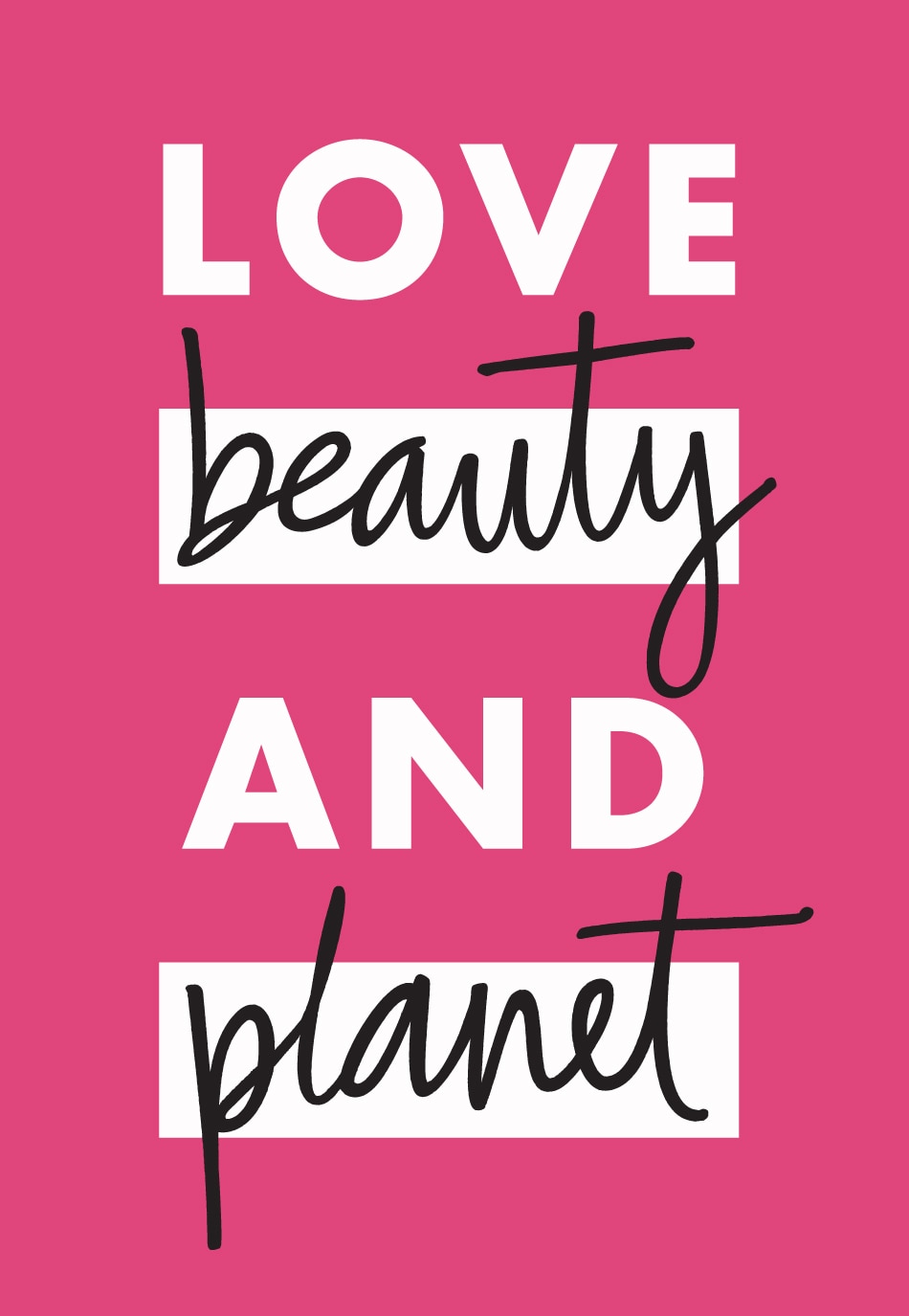6 Things You Should Know About Sulfates And Your Hair
Confused over sulfates and how they affect your hair? Here, we break down the basics to keep your locks looking and feeling their best
Fans of natural or clean beauty will already be familiar with sulfates. Essentially, they’re the foaming agents responsible for that soapy lather that comes from most shampoos or body washes, meaning they’re one of the most common ingredients in hair and skincare, with many of us using them every single day. Here are a few other things you might not know about sulfates, and why swapping to a sulfate-free hair care routine could be your kindest move (for both your hair and the planet) yet…
1. They’re easy to spot
You’ll be able to recognize whether products contain sulfates by a quick glance at the label. Some of the most common sulfates include sodium lauryl sulfate, ammonium lauryl sulfate and sodium laureth sulfate. Sound familiar? Thought so. You won’t spot any on Love Beauty and Planet labels though – everything from our shampoos to body scrubs are packed full of naturally derived sulfate-free surfactants, without a single sulfate in sight.
2. They attract water and oil
Sulfates make an appearance in most foaming products, such as cleansers, shampoos and even toothpastes. It’s because they’re a type of ‘surfactant’, which attracts water and oil. Which means when we wash with them, any dirt, oil, daily grime or old product is washed away with the water, leaving us feeling squeaky clean. But read on to learn about when being too clean becomes less positive…
3. Some are stronger than others
Sulfates vary in intensity (generally speaking, sulfates that end in ‘eth’ tend to be more gentle on skin or hair than ones ending in ‘yl’). Some – particularly when used often – can be irritating to skin (especially when skin is sensitive, like the delicate area around our eyes). Anybody with sensitive skin or eczema is likely to benefit from ditching sulfates, noticing less irritation and discomfort after washing. And if you do use them? No problem, just try using less product and allowing less time in contact with skin or hair (and be sure to wash any residue off thoroughly afterwards).
4. They can cause dryness
Because sulfates are so effective at stripping natural oils from our skin and hair, many people notice dryness or itching, too (this is especially common on the scalp, which can be prone to dryness anyway). It’s why people with dry, coarse or frizzy hair should avoid sulfates in their shampoos since they can make hair feel even drier and more difficult to manage. Sulfate-free cleansers and shampoos instead help to maintain skin and hair’s natural oils, so they feel better moisturized (especially important for curly locks). Hello, good hair day.
5. They can also cause other issues
Because sulfates are so strong and effective, this can mean premature fading for anyone who regularly colors their hair. Not ideal. Using sulfate-free shampoo instead means hair won’t be stripped of color as quickly and any color or ‘permanent’ hair treatments will last much longer. Try Love Beauty and Planet’s Sulfate-Free Muru Muru Butter and Rose Shampoo, which leaves colored hair so brilliantly recharged and glossy sans sulfates, that you might need sunglasses.
6. Ditching sulfates can help the planet, too
Sulfates can end up in local rivers, oceans and any wildlife living there, and studies have shown sulfates can be toxic to aquatic organisms. Most sulfate-free shampoos are made from sustainable and ethical ingredients instead. Our murumuru butter, for example, contains murumuru nuts that fall from trees in the Amazon and are harvested by locals. In short? Making the switch is great for your hair and the world around you.

